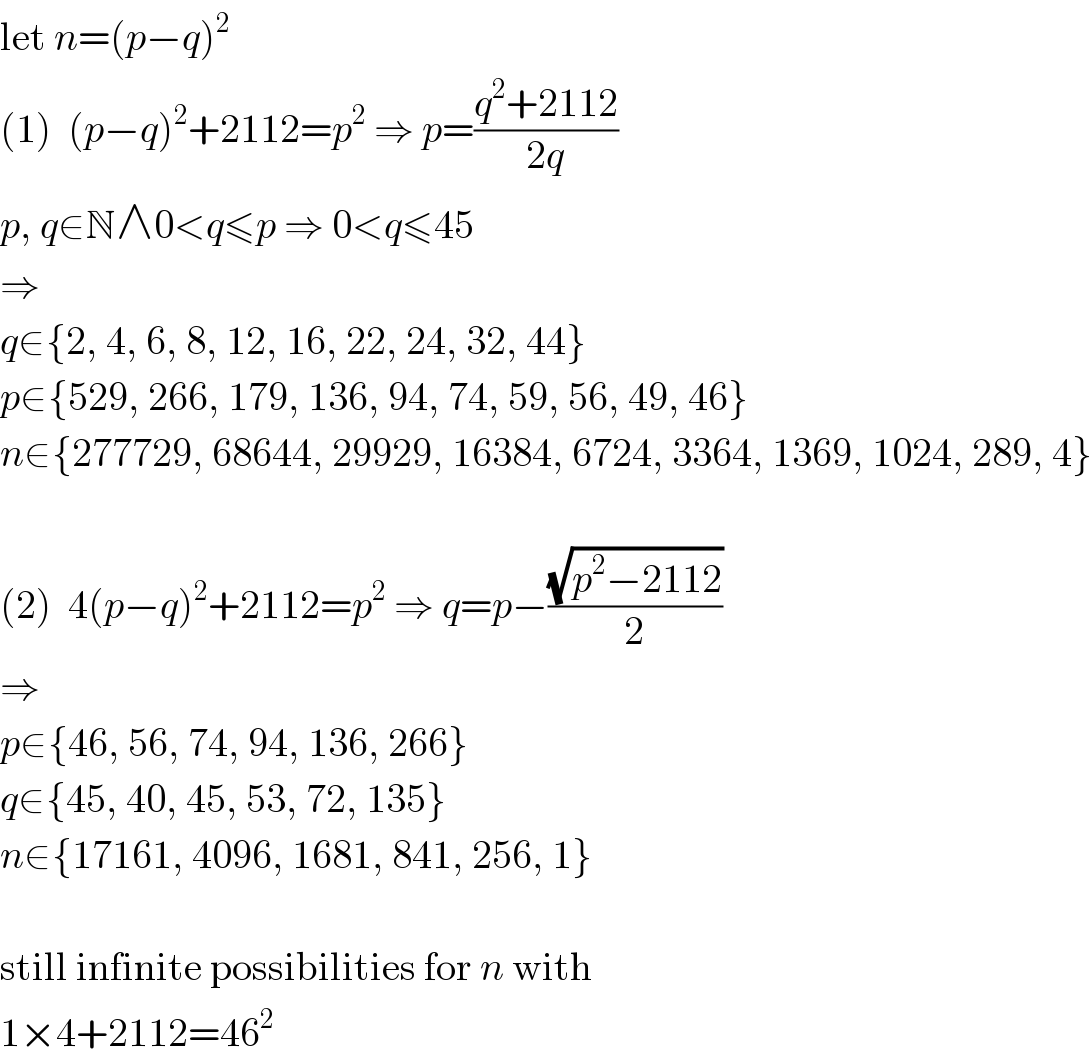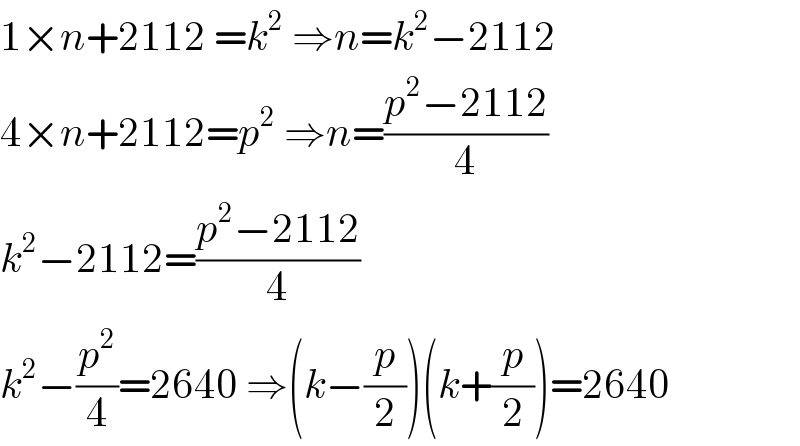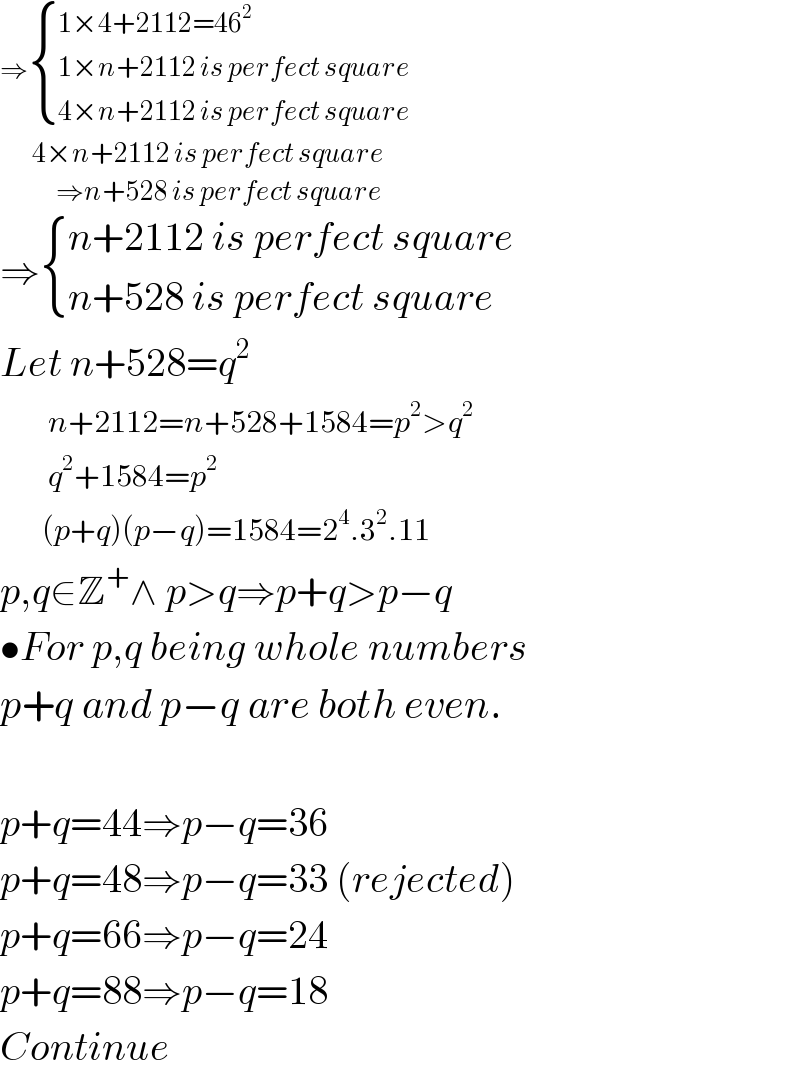
Question and Answers Forum
Question Number 78399 by john santu last updated on 17/Jan/20

Commented by mr W last updated on 17/Jan/20

Commented by john santu last updated on 17/Jan/20

Commented by mr W last updated on 17/Jan/20

Commented by john santu last updated on 17/Jan/20

Commented by john santu last updated on 17/Jan/20

Commented by MJS last updated on 17/Jan/20

Commented by john santu last updated on 17/Jan/20

Commented by mr W last updated on 17/Jan/20

Commented by john santu last updated on 17/Jan/20

Commented by mr W last updated on 17/Jan/20

Commented by MJS last updated on 17/Jan/20

Commented by Rasheed.Sindhi last updated on 17/Jan/20

Commented by john santu last updated on 17/Jan/20

Commented by john santu last updated on 17/Jan/20

Answered by john santu last updated on 17/Jan/20

Commented by Rasheed.Sindhi last updated on 17/Jan/20

Commented by MJS last updated on 17/Jan/20

Commented by MJS last updated on 17/Jan/20

Commented by john santu last updated on 17/Jan/20

Answered by Rasheed.Sindhi last updated on 17/Jan/20

Commented by john santu last updated on 17/Jan/20

